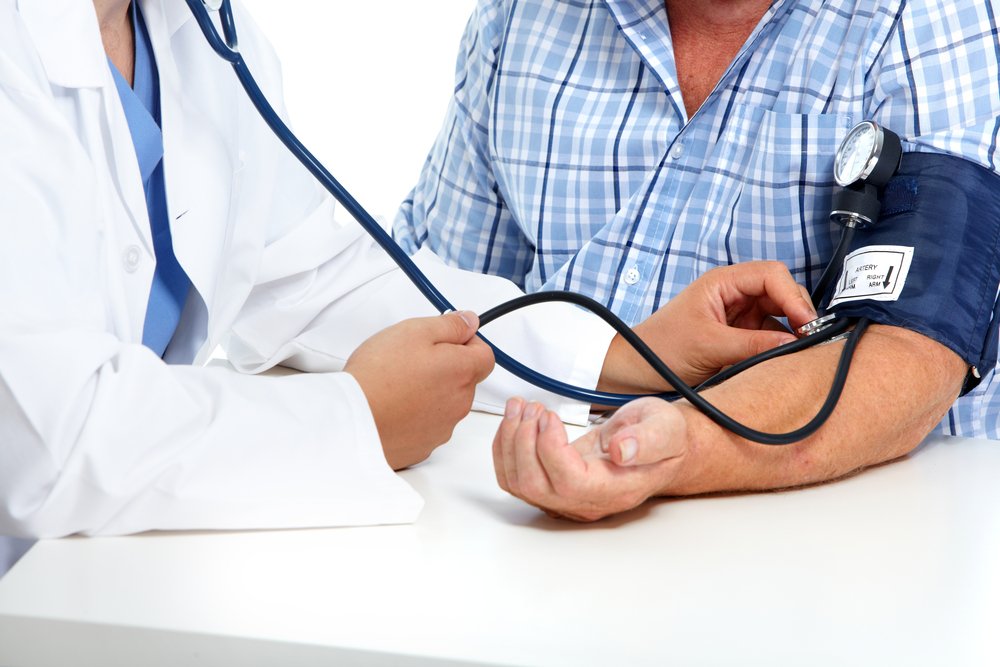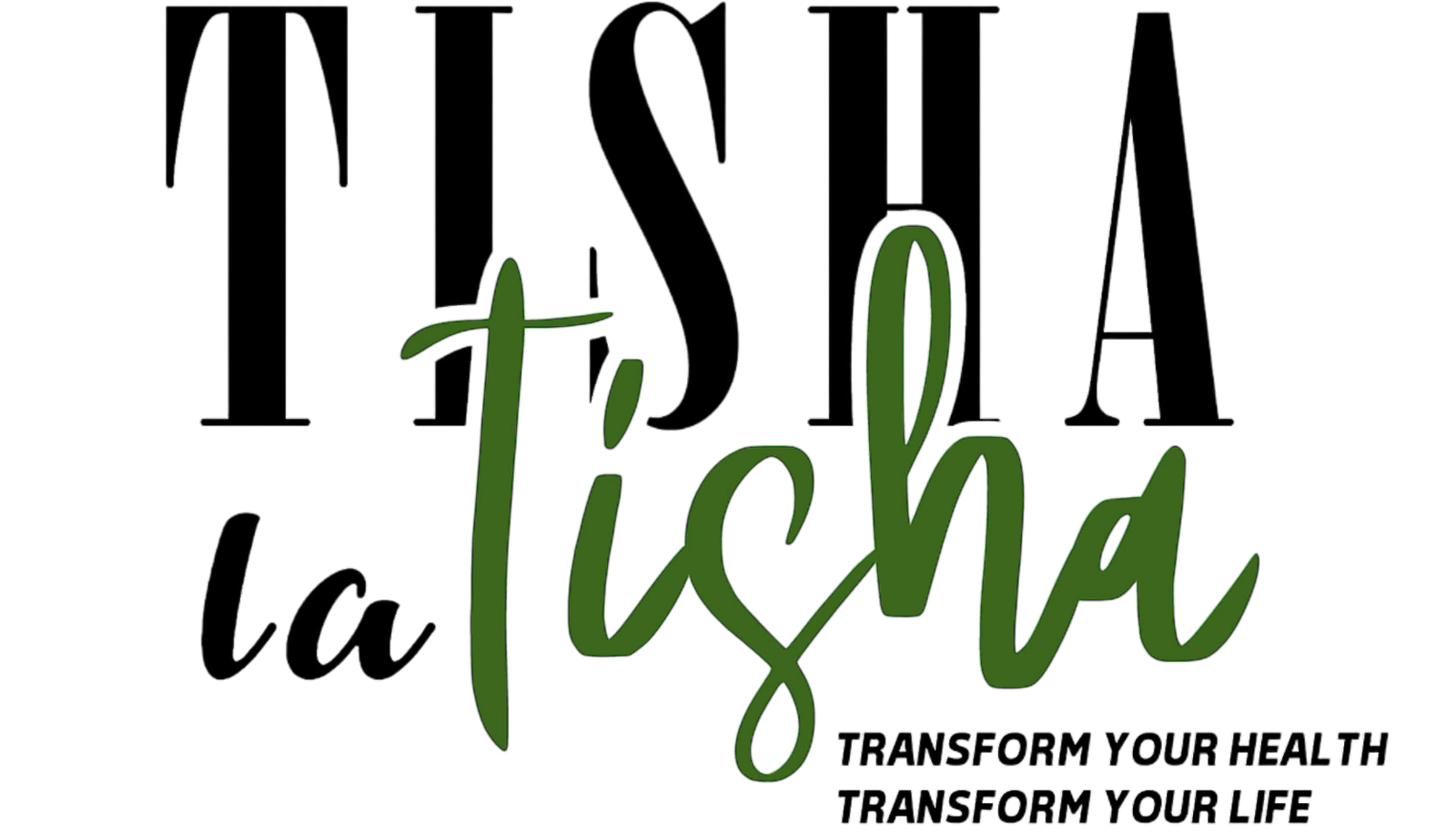High blood pressure, also known as hypertension, is a silent threat to your heart health. Characterized by elevated readings above 140/90 mmHg, this condition often goes unnoticed for years, but its impact can be devastating. The force of blood against your artery walls can lead to cardiovascular disease, stroke, and other serious complications.
The good news? You have the power to take control of your heart health. This article will reveal five proven tips to lower high blood pressure naturally and reduce your risk of heart disease. From dietary changes to lifestyle adjustments, these strategies can make a significant difference in your overall well-being. Let’s dive in and discover how you can safeguard your heart for a longer, healthier life.

Slash Your Sodium: The Secret Weapon to Lower High Blood Pressure
Did you know that a sneaky culprit behind high blood pressure could be lurking in your kitchen? Excessive sodium, a common ingredient in many processed foods, can wreak havoc on your heart health. The Ordre professional des diététistes du Québec (OPDQ) identifies high sodium intake as a major contributor to hypertension.
But don’t despair! Research shows that by cutting back on sodium to less than 2000 mg per day, you could significantly reduce your systolic blood pressure by as much as 6 mmHg.
Hidden Sodium: A Silent Threat
You might think you’re in the clear because you rarely reach for the salt shaker. However, the majority of sodium in our diets comes from processed foods, where it’s used as a preservative and flavor enhancer. It’s hiding in plain sight, even in foods that don’t taste overly salty.
Become a Sodium Detective
The key to controlling your sodium intake is becoming a savvy label reader. The nutrition facts table is your secret weapon. Look for the “% Daily Value” for sodium:
5% or less: Low sodium content
15% or more: High sodium content
Take Control in the Kitchen
The best way to manage your sodium intake is to cook at home more often. This allows you to choose fresh, whole ingredients and control the amount of salt you add. Limit your consumption of processed foods, ready-to-eat meals, and restaurant fare, which are often loaded with hidden sodium.
Fuel Your Heart Health with a Balanced Diet
Beyond sodium, the foods you eat play a pivotal role in managing blood pressure. The DASH diet (Dietary Approaches to Stop Hypertension) is a powerful ally, even if you don’t have hypertension.
This eating plan emphasizes:
- Nutrient-Rich Foods: Fruits, vegetables, whole grains, low-fat dairy, nuts, legumes, and lean proteins.
- Key Nutrients: Potassium, calcium, magnesium, and fiber.
- Limited Intake: Saturated fats and added sugars.
Research shows that the DASH diet can lower blood pressure in just two weeks, especially when combined with sodium reduction. It’s a delicious and sustainable way to protect your heart health.
Alcohol: Moderation is Key
Enjoying a glass of wine with dinner is perfectly fine, but excessive alcohol consumption (more than two drinks per day for men and one drink per day for women) can raise blood pressure. Stick to the recommended guidelines to keep your heart healthy.
Get Moving and Shed Excess Pounds
Obesity is a major risk factor for hypertension. Even a modest weight loss can significantly lower your blood pressure.
While BMI is often used, waist circumference is a better predictor of high blood pressure risk:
- Women: Aim for a waist circumference under 88 cm (35 inches).
- Men: Aim for a waist circumference under 102 cm (40 inches).
Pair a balanced diet with regular exercise to achieve healthy weight loss. Aim for at least 150 minutes of moderate-intensity aerobic activity per week, such as brisk walking, cycling, or dancing.
Stress Less for a Healthier Heart
Chronic stress can take a toll on your heart. Prioritize stress management techniques like:
- Restful sleep: Aim for 7-8 hours of quality sleep each night.
- Relaxation: Practice yoga, meditation, or deep breathing exercises.
- Organization: Keep a schedule to avoid feeling overwhelmed.
